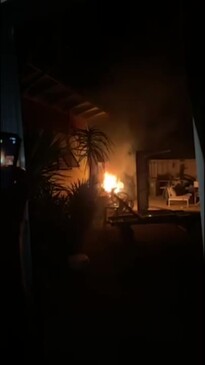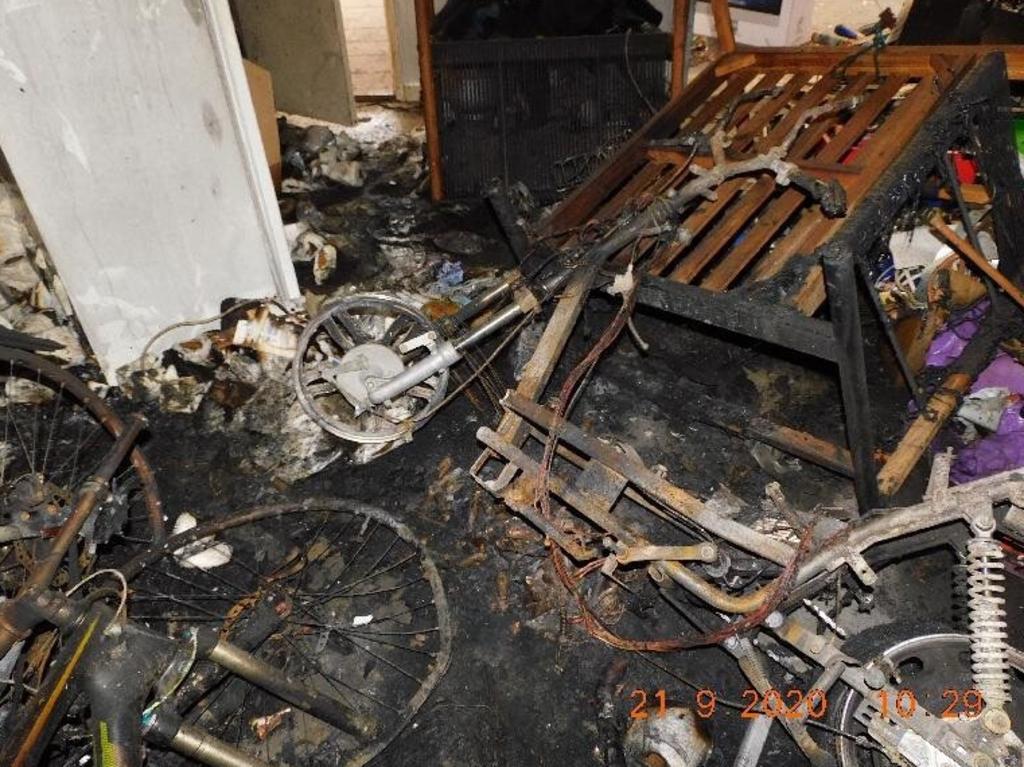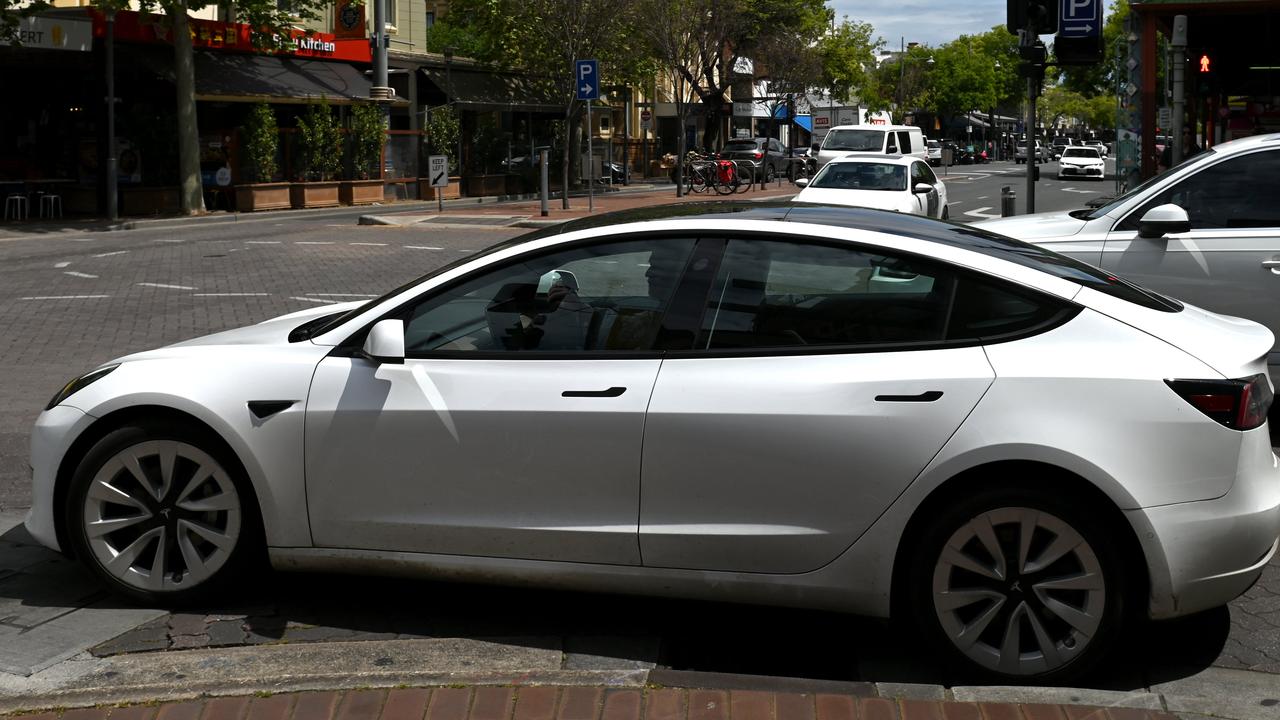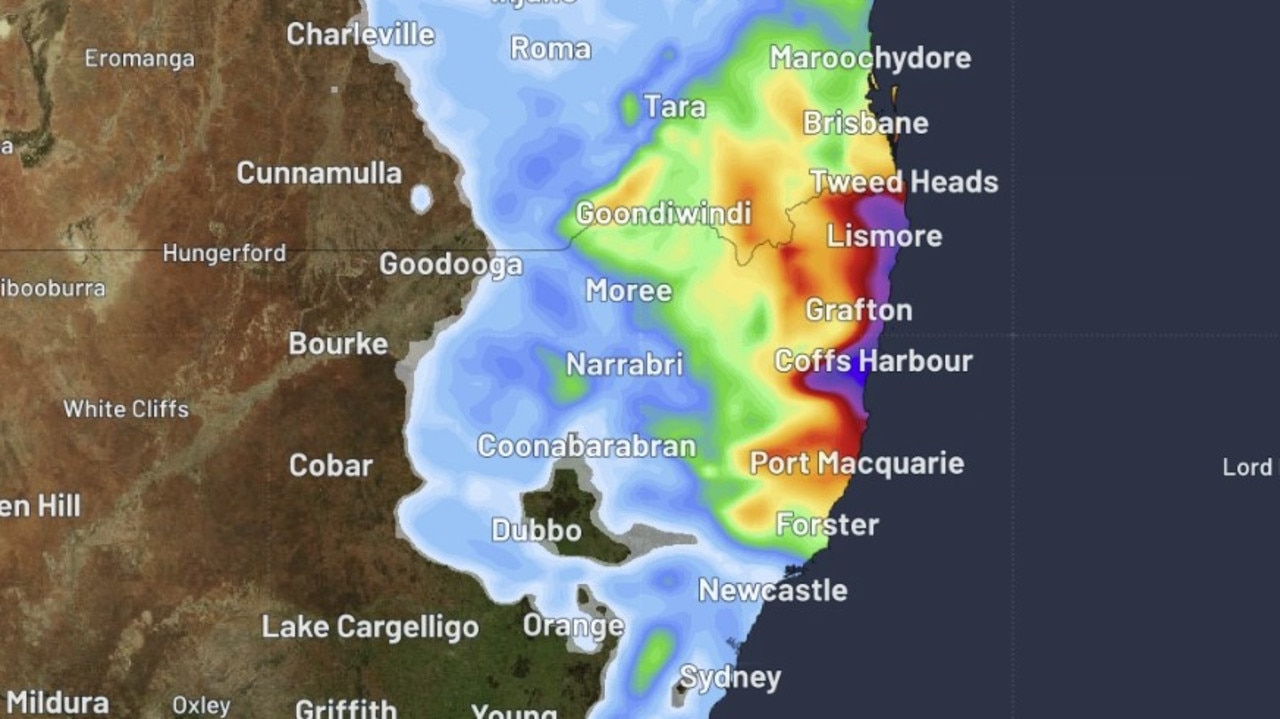‘Lives in danger’: big mistake causing fires
With emergency services dealing with more and more battery-related fires, new data has revealed a big part of the problem.

Environment
Don't miss out on the headlines from Environment. Followed categories will be added to My News.
Emergency services are being called out to as many as four battery-related fires in a single day, new figures show.
And poorly discarded batteries are causing more than 1000 fire incidents a year in the waste and recycling sectors.
The spike in battery fires is a product of their increasing prevalence in our lives, including in items bought online from overseas that don’t meet Australian safety standards.
But ignorance about their correct disposal is also a factor.
In a new national survey nearly one in four Australians (23 per cent) said they thought old batteries and rechargeable devices could be put in kerbside bins – but that is not the case. Seventeen per cent were unsure.
Nearly half the survey respondents (46 per cent) were unaware drop-off facilities for spent batteries could be accessed at retailers such as Bunnings, Big W, Aldi, Coles and Woolworths.
The survey was commissioned by Cleanaway, as battery fires become an increasing problem
for the waste management company, with at least one fire per week across its network.

“When people don’t know where to take their batteries or devices, or simply think it’s too hard, they often incorrectly end up in our household bins. This can cause fires or explosions that ultimately put lives in danger,” Cleanaway’s senior education officer Lauren Grimshaw said.
In March, Fire and Rescue NSW battled four battery-related blazes in a single day, including one incident in western Sydney in which a battery caused a fire in a garbage truck. Crews later found 150 lithium-ion cells had been put in the truck.

All states are seeing massive spikes in battery fires. In NSW last year there were 272 such incidents, causing 38 injuries. Batteries in small portable devices caused the most fires (71 incidents) while those connected to micromobility devices (e-bikes, e-scooters and so forth) caused the most injuries (20).
There are an estimated 5.7 million used batteries in Australian homes but stockpiling old batteries was a hazard, said Libby Chaplin, CEO of the Battery Stewardship Council.

“Once upon a time we were all used to using alkaline batteries and there was no risk, so we’ve got a mindset that we need to shift,” she said.
While incentives could be a way to boost battery recycling, Ms Chaplin said, a cashback scheme would create its own problems.
“The container deposit scheme works really well because they’re not a dangerous good,” she said. “With batteries, we don’t want to be encouraging people to hoard and collect, and get a couple of buckets of batteries and take them in.”


Melbourne mum of two Veronica Douglas said she had been previously unaware of how to dispose of batteries, despite having an increasing number of them in the house.
“Because we have young children, we have lots of toys around the house with batteries in them,” she said. “And like many families we have lots of devices as well.”
While the Battery Stewardship Council lists more than 4000 places where batteries can be safely dropped off, Ms Douglas said the supermarket was most convenient.
The danger of having loose spent batteries around the house was “worrying,” and a further impetus to recycle the items promptly, Ms Douglas said.
Twenty Australian children per week are taken to hospital after they were suspected of ingesting or inserting a button battery.
More Coverage
Originally published as ‘Lives in danger’: big mistake causing fires









